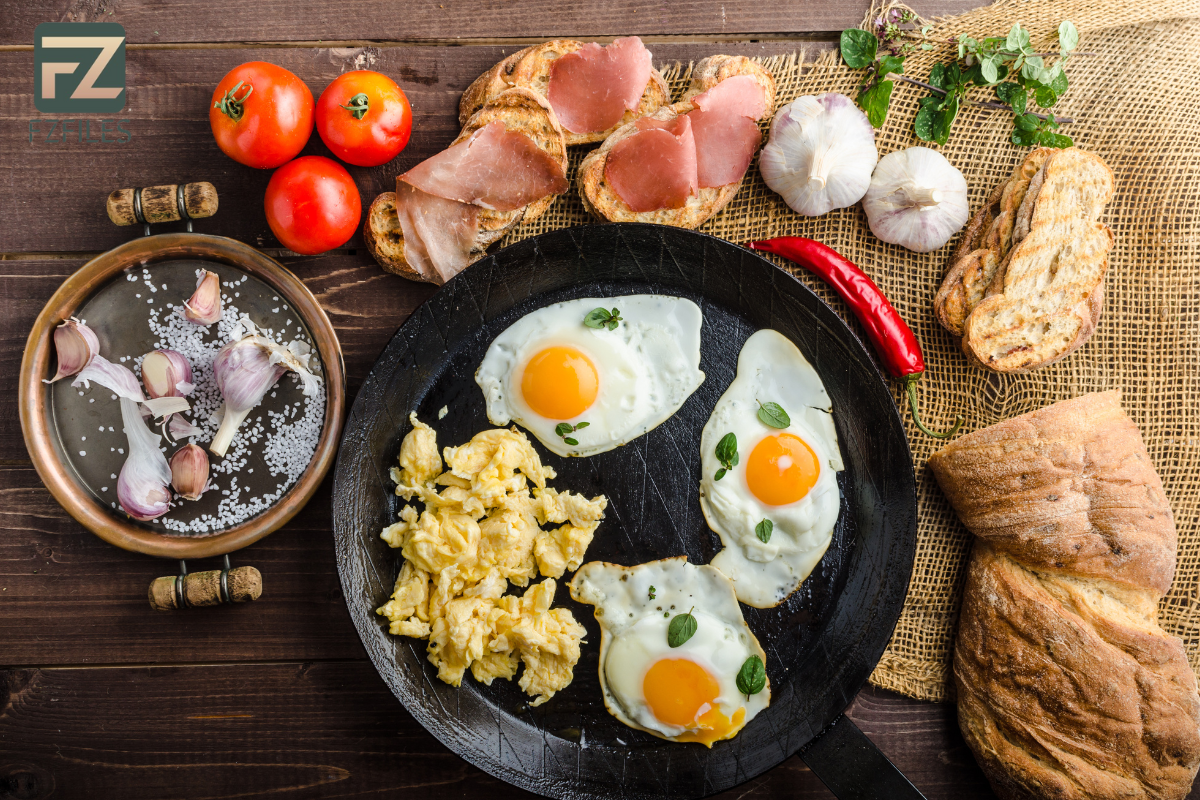Introduction to High-Protein Diets
High-protein diets have long been recognized for their crucial role in muscle gain and recovery. As we move into 2024, the understanding of protein’s impact on muscle growth has evolved, offering new insights and strategies. This blog will delve into the benefits of high-protein diets, identify the best protein sources, outline optimal intake strategies, provide a sample meal plan, and share expert tips for maximizing muscle gain.
Benefits of High-Protein Diets for Muscle Gain
Enhanced Muscle Repair and Growth
Proteins are the building blocks of muscle tissue. Consuming adequate protein supports muscle repair and growth by providing the necessary amino acids that help in muscle protein synthesis. This process is crucial for athletes and fitness enthusiasts aiming to increase muscle mass and strength.
Improved Metabolism and Fat Loss
High-protein diets can boost metabolism through the thermic effect of food (TEF), which is the energy required to digest, absorb, and process nutrients. Protein has a higher TEF compared to fats and carbohydrates, leading to increased calorie burn and aiding in fat loss while preserving lean muscle mass.
Satiety and Appetite Control
Protein-rich foods promote satiety, reducing overall calorie intake by helping individuals feel fuller for longer periods. This can be particularly beneficial for those looking to manage their weight while gaining muscle.
Enhanced Athletic Performance
Sufficient protein admission is fundamental for ideal athletic execution. It supports endurance, strength, and recovery, enabling athletes to train harder and more effectively.

Best Protein Sources
Animal-Based Proteins
Animal-based proteins are considered complete proteins as they contain all essential amino acids. Some of the best sources include:
- Chicken Breast: Lean and high in protein, chicken breast is a staple in many muscle-building diets.
- Eggs: A versatile protein source that also provides healthy fats and essential vitamins.
- Greek Yogurt: Packed with protein and probiotics, Greek yogurt supports muscle growth and gut health.
- Lean Beef: Rich in protein, iron, and B vitamins, lean beef helps support muscle repair and energy levels.
- Fish: Salmon, tuna, and other fatty fish are excellent sources of protein and omega-3 fatty acids, which have anti-inflammatory properties.
Plant-Based Proteins
Plant-based proteins are also effective for muscle gain, particularly when combined to ensure a complete amino acid profile. Top sources include:
- Lentils: High in protein and fiber, lentils are a great addition to vegetarian and vegan diets.
- Chickpeas: Versatile and protein-rich, chickpeas can be used in various dishes, from salads to soups.
- Quinoa: A complete protein that also provides essential amino acids and is gluten-free.
- Tofu and Tempeh: Soy-based proteins that are excellent meat substitutes in vegetarian diets.
- Nuts and Seeds: Almonds, chia seeds, and hemp seeds offer a good balance of protein, healthy fats, and fiber.
Optimal Protein Intake Strategies
Daily Protein Requirements
The optimal daily protein intake varies based on factors such as age, sex, weight, and activity level. For muscle gain, a general recommendation is to consume 1.6 to 2.2 grams of protein per kilogram of body weight. For a 70 kg individual, this translates to 112 to 154 grams of protein per day.
Protein Timing
Circulating protein consumption uniformly over the day can improve the muscle-protein combination. Aim to consume 20-40 grams of protein per meal, including a source of protein in snacks. Consuming protein within 30 minutes post-workout is particularly effective for muscle repair and growth.
Combining Protein with Carbohydrates
Pairing protein with carbohydrates post-workout can further enhance muscle recovery. Starches renew glycogen stores, while protein gives amino acids to muscle fixes. A ratio of 3:1 carbohydrates to protein is often recommended.
Sample High-Protein Meal Plan
Breakfast:
- Scrambled eggs with spinach and tomatoes
- Greek yogurt with blended berries and a sprinkle of chia seeds
- Whole-grain toast
Mid-Morning Snack:
- Protein smoothie with whey protein, almond milk, banana, and peanut butter
Lunch:
- Grilled chicken breast with quinoa salad (quinoa, chickpeas, cucumbers, and bell peppers)
- Olive oil and lemon dressing
Afternoon Snack:
- Cottage cheese with pineapple chunks
- Almonds
Dinner:
- Prepared salmon with yams and steamed broccoli
Evening Snack:
- A casein protein shake or a bowl of curds
Expert Tips for Muscle Gain
Monitor Your Progress
Regularly track your progress through measurements, photos, and strength assessments. Adjust your diet and training regimen as needed to continue progressing towards your muscle gain goals.
Stay Hydrated
Adequate hydration is crucial for optimal muscle function and recovery. Aim to drink at least 8-10 glasses of water daily, and more if you’re engaging in intense physical activity.
Include Variety in Your Diet
Incorporating a variety of protein sources ensures you receive a broad spectrum of amino acids and other essential nutrients. It also helps prevent dietary boredom and encourages adherence to your diet plan.
Combine Strength and Resistance Training
Pair your high-protein diet with a well-structured strength and resistance training program. Focus on compound movements like squats, deadlifts, and bench presses, which engage multiple muscle groups and promote overall muscle growth.
Get Enough Sleep
Quality rest is crucial for muscle recuperation and development. Aim for 7-9 hours of sleep per night to allow your body to repair and build muscle effectively.
